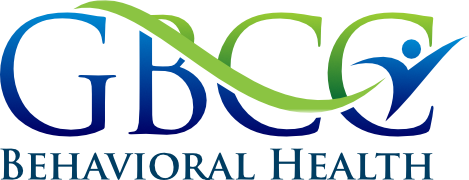Counseling has benefits for people of all ages, in all stages of life. It teaches positive coping techniques, self-care methods, and emotional regulation. This can be especially helpful for children, whether they’ve experienced a traumatic event or big change, are having trouble making friends, are struggling in school, need help overcoming a life challenge, or just seem to not be feeling their best.

Signs That Your Child May Need Counseling
While everyone can benefit from counseling, there are some warning signs that your child may need it sooner rather than later. Usually, your pediatrician or family doctor will be able to help you make a decision based on your assessment of their behavior. Teachers can also be a great resource.
Some of the most typical behavioral signs that a child could benefit from counseling include:
- Irritability
- Frequent tantrums
- Difficulty sleeping
- Consistently complaining of head or stomach pain
- Difficulty making friends or communicating with peers
- Frequent nightmares
- Extreme hyperactivity
- Change in school or academic performance
- Overly clingy with parents or trusted caregivers
If your child is exhibiting at least one of these behaviors regularly without any other known medical cause, you’ll want to bring it up at their next doctor appointment. Mental health disorders tend to manifest differently in adults than they do in children, so it’s always important to discuss your concerns with an expert.
Your doctor may choose to complete a number of physical tests before referring your child for a mental health evaluation to rule out other causes.
What Counseling is Like for Children and Adolescents
For adults, counseling often involves a lot of talking. The way that therapists who work with children approach counseling looks a little different! Kids have different needs and are more likely to respond to therapy through play and activities.
When your child first meets with a therapist, they’ll likely ask a few age-appropriate questions just to get a feel for where your child is developmentally. This gives them a baseline for creating their plan of action.
After the initial visit, children, adolescents, and teens are more likely to participate in activities. This might include:
- Drawing and coloring
- Breathing exercises
- Playing games
- Practicing new skills for emotional management
All of these activities allow children to fulfill their need for activity while learning the skills and techniques needed to cope.
Benefits of Mental Healthcare for Kids
The benefits of mental healthcare for children are very similar to those for adults. Speaking to a professional early means being able to diagnose and treat before issues escalate. Additionally, it helps children get comfortable with communicating their feelings, needs, and desires.
It can also help them recognize when it’s time to reach out so they can actively care for their own mental health in the future. The goal of mental healthcare for children and adolescents is to set them up for success throughout their lives.
At GBCC, our therapists are able to work with children from ages five and up. Those who work with children have extensive experience and training in pediatric therapy so you know that your kids are in good hands!
Sometimes a medication evaluation may be recommended as an option in addition to therapy; we have psychiatric nurse practitioners with extensive experience and training in treating a pediatric population. They work closely with their therapist colleagues to offer the minimum psychotropic intervention necessary to achieve improved quality of life. Sometimes their recommendation may even be to not utilize medication, in favor of using behavioral options with their therapist for a similar outcome! Other times medication can dramatically help, in addition to the therapy treatment being provided.
Contact us today for more information or to schedule an initial evaluation for therapy, and/or medication.
